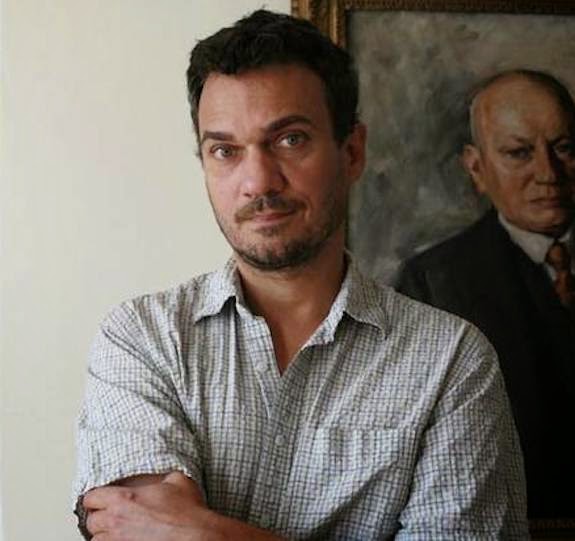By Crystal Béliveau
I knew Jean Béliveau long before I knew him. My brother and I recently pulled out an old black and white photo dating back to 1959 (I think it was 1959: cousins, correct me if I’m wrong). In it, Mom and Dad are sitting on a couch, with Dennis on Mom’s knee. Next to them, in all his athletic, Hollywood-handsome glory, is Jean Béliveau. They are all smiling of course, not in a stiff, photo-taking way but as though they were caught in the middle of a conversation. And Jean is looking every inch what he was: a hockey god.
It's amazing to me that, a few short years after winning his first Stanley Cup, Jean was sitting on a sofa on a farm in Saskatchewan paying a visit to his prairie relatives, many of whom he didn’t even know. I’m sure all of my aunts and uncles have their own version of that photo. It is the stuff of family legend.
I spent my high school years wearing number 4 in Jean’s honour, and running from my bedroom every time Dad shouted, “Jean’s on TV!” (He only did that with two subjects: Jean Béliveau and nature shows. “Chrissy, come see the fox!” and “Chrissy, come see Jean!” were the rallying calls of my youth.)
When I moved to Montreal in the mid-nineties, I sent a letter to Jean via the Molson Centre announcing that I was a second cousin from Saskatchewan, that my father was George and that my mother Marianne was coming to visit. Would he be so kind as to meet us for coffee?
Weeks later, as I was running out the door to sling popcorn at the Cinéma du Parc, the phone rang. It was Jean saying of course he remembered my parents, and extending an invitation to come for dinner. I was stunned. I kept the event a secret from my Mom and didn’t tell her where we were going when we headed out (in part because I didn’t want her to realize that the metro ride to Longueuil would involve us hurtling under the Saint Lawrence River in a tube: she hated the metro enough as it was).
I brought a bottle of dep wine (I didn’t know better then) and we spent the evening in their back yard gazebo listening to Jean and Elise tell stories of how they met and his early days in hockey. After dessert, Jean made a phone call. As planned, my brother Dennis answered and handed the phone to Dad. Jean said, “Hello George, how are you? Do you know who this is? It’s Jean Béliveau.” (Dad didn’t believe him at first, which was also kind of wonderful in its own way.) Jean went on to tell him who his dinner guests were, and back in Wolseley the next day, Dad became the star of coffee row.

That was the first of many gracious offers Jean extended over the years. When my brother Duane came to visit, Jean and Elise came to my humble Saint-Henri apartment for dinner and gave us their seats for the next game. (My brother pretty much started vibrating at that moment: my scalper tickets up in the nosebleed section couldn’t hold a candle to those). When my sister Colleen came with her husband and kids, Jean took the time to meet us for lunch at the Molson Centre. My nephew Nathan posted a photo from that day: he is wearing a Leafs jersey (yes, my sister married a Leafs fan) and Jean, smiling, has his hands planted firmly on his shoulders. Over the years, he sent autographed pictures to both Colleen and Colette to help raise money for their sons’ minor hockey teams. When my uncle Roger died last year, my cousin Mark asked for Jean’s number and was deeply comforted by the conversation he had with him.
Jean was that kind of man. He had a talent that made him legendary, and a humility that made him ours. Until his health started failing, he personally responded to every letter and phone call he ever got. I know, because he responded to mine, and I have been humbled by that ever since. Rest in peace, Jean. You made us all so proud.






